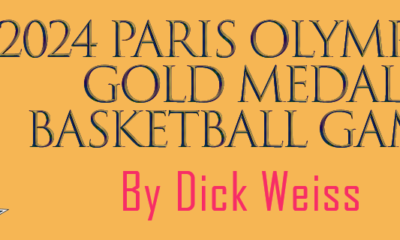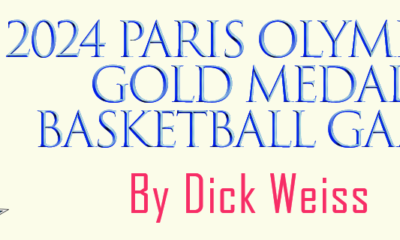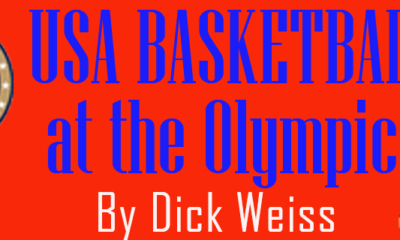NCAA president Mark Emmert recognizes there is a growing rift between big-money BCS schools and smaller institutions in terms off compensating student-athletes.
Dick Weiss is a sportswriter and columnist who has covered college football and college and professional basketball for the Philadelphia Daily News and the New York Daily News. He has received the Curt Gowdy Award from the Naismith Basketball Hall of Fame and is a member of the national Sportswriters Hall of Fame. He has also co-written several books with Rick Pitino, John Calipari, Dick Vitale and authored a tribute book on Duke coach Mike Krzyzewski.

Latest Articles
-


Christopher Lawlor
/ 2 days agoNBPA Top 100 Camp moves venue but the top-notch talent, coaching still shines in South Carolina
ROCK HILL, S.C. — The National Basketball Players Association tipped off its annual elite...
-
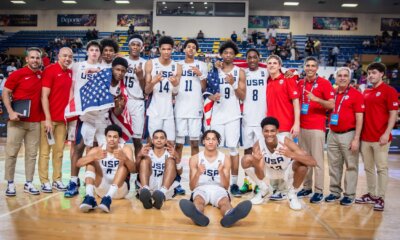

Christopher Lawlor
/ 5 days agoUSA defeat Canada in FIBA U16 AmeriCup Final to lift the trophy for ninth time with a perfect mark; Nasir Anderson earns Most Valuable Player
CIUDAD JUAREZ, Mexico – The FIBA U16 AmeriCup 2025 throne has the United States’...
-
Christopher Lawlor
/ 1 week agoSPEARHEADED: Americans crush Brazil by 79 points at FIBA U16 AmeriCup quarterfinals; Marcus Spears Jr. puts up 16 points and 9 rebounds
JUAREZ, Mexico — The USA men passed its first test in the knockout stage...
-
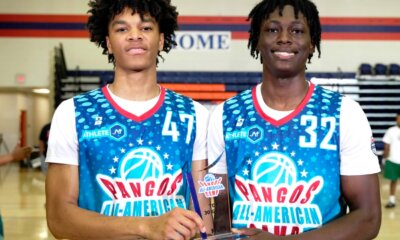

Christopher Lawlor
/ 1 week agoSTARS SHINE: Bailey, Costello earn Co-MVPs at 23rd Pangos All-American Camp in Las Vegas; three Santa Margarita (CA) players recognized
LAS VEGAS – The Pangos All-American Camp did not disappoint. For three days the...
